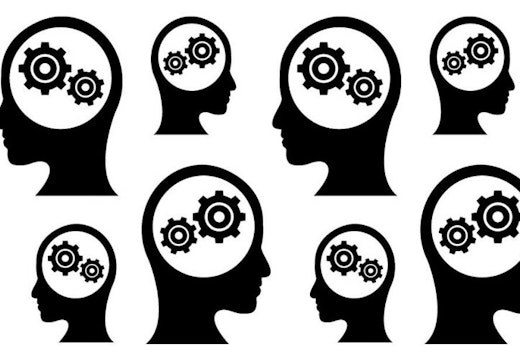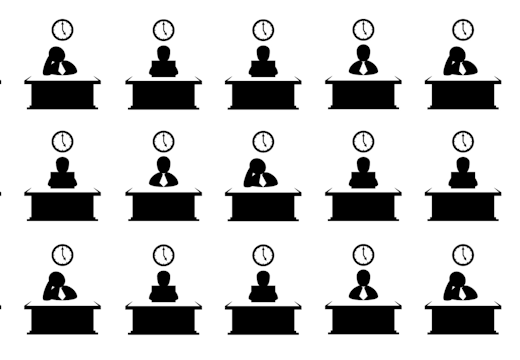health & wellbeing
Autumn reset: three big ideas organisations are mulling over this fall
Summer’s over and the autumn work grind has clicked back into action. Suddenly everyone is dusting off the big ideas to make working life more bearable
Designing healthier cities: why the workplace is now the pivotal issue
Public health experts are increasingly looking at change in working practices as the key to unlock the potential for urban wellbeing - as the 2018 Healthy City Design Congress will explore
The top six priorities facing the workplace right now
How do organisations prioritise what’s truly relevant to their workplace? A new report from Condeco wades through the fads and trends to outline a roadmap of what really matters in the modern workplace
To appreciate its power, should we treat workspace design as a drug?
It is well known that some workers use drugs to enhance performance, but could workspace design itself be viewed as a pharmacological intervention to change behaviour? New research is heading that way
Why falling sick days in the UK workplace are not a cause for celebration
British workers are taking less time off sick than ever before. But that doesn’t mean its offices are healthier. Could presenteeism be playing a part?
La odisea del espacio
El espacio en el que trabajamos no es neutro; ejerce una influencia significativa sobre la forma en la que nos sentimos y realizamos nuestras actividades
The Nudge: behavioural economics and the healthier workplace
A new book co-authored by Haworth’s global research lead argues that better workplace wellbeing will result from changing leadership cultures in companies, not from adding yet more wellness programmes
Fit for purpose: making ‘strange’ the new norm
How do we create a culture of wellbeing when the biggest barrier is our own behaviour? Lendlease’s Natalie Slessor looks at creating the right space to shake off our inhibitions about healthier working












